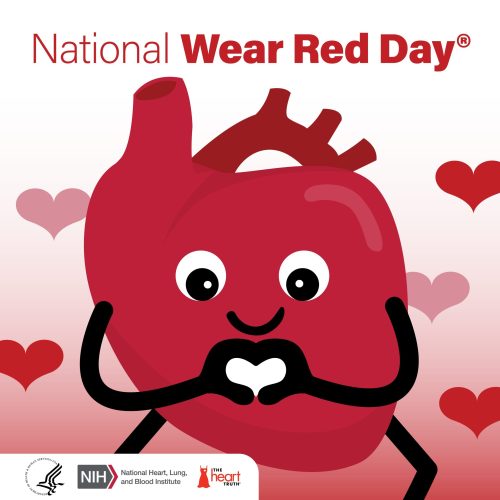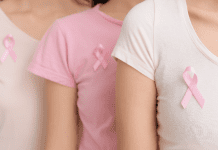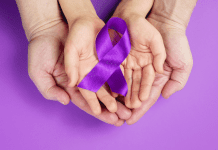February 2nd is National Wear Red Day. Red is often associated in February with Valentine’s day, hearts and roses, but what is the meaning behind this particular day? Furthermore, the entire month is dedicated to American Heart Month.
The American Heart Association has set aside the first Friday in February every year to be the day across the country that we wear red in support of women’s heart health. According to statistics, heart disease is the leading cause of death in women, causing 1 in 3 deaths each year. It is so important to educate ourselves and the women in our lives and across our communities. Heart attack symptoms often go unnoticed by women because the characteristics are different.
If you have these symptoms or notice someone having these symptoms, call 9-1-1 immediately.
- Uncomfortable pressure, squeezing, fullness or pain in the center of your chest. It lasts more than a few minutes or goes away and comes back.
- Pain or discomfort in one or both arms, the back, neck, jaw or stomach.
- Shortness of breath with or without chest discomfort.
- Other signs such as breaking out in a cold sweat, nausea or lightheadedness.
- As with men, women’s most common heart attack symptom is chest pain or discomfort. But women are somewhat more likely than men to experience some of the other common symptoms, particularly shortness of breath, nausea/vomiting and back or jaw pain
When we think of something as tragic as a heart attack, we tend to have the thoughts that “it could never happen to me or someone close to me”. I never gave heart disease a second thought until the spring of 2003. I was a freshman in college and has just moved 3 hours away from the only home and family I had known. I will never forget getting that call that my grandmother had a heart attack and was being rushed to the ER. My grandmother was a picture of health. She was just in her early 60’s (young in my book!), not overweight at all, ate the right things, exercised probably more than I did. How could this happen to her? It was very scary at the thought of losing her! I am happy to say she is still here with us today, but she had to be put on heart medications and now sees a cardiologist regularly. The point of this story is to always listen to your body! She knew something wasn’t right and was able to get the help needed before it was too late.
NATIONAL WEAR RED DAY BY NUMBERS (Via NationalToday.com)
1 in 3 – The number of adults who suffer from high blood pressure.
17.9 million – The number of people who died from heart diseases around the world in 2016.
80% – The percentage of heart diseases that are preventable with regular physical activity, avoiding tobacco, and maintaining a healthy diet.
12% – The percentage of stroke victims that die from it.
50% – The percentage of women who die within five years of having a heart attack.
33% – The percentage of women who do not engage in sports or physical activity.
43 million – The number of women who currently have some type of heart disease.
655,000 – The number of Americans who die annually from heart disease.
The American Heart Association provides many tools and resources to our community. You can check out the local Nashville chapter here. Through the website you can find training classes such as CPR, which I highly recommend every person to be CPR certified, especially parents! You never know when those skills might come in handy, and just might save someone’s life. You can also search for health topics and education, find cardiovascular health professionals, donate financial resources or find volunteer opportunities.
Local Resources:
American Heart Association- Nashville Chapter
















